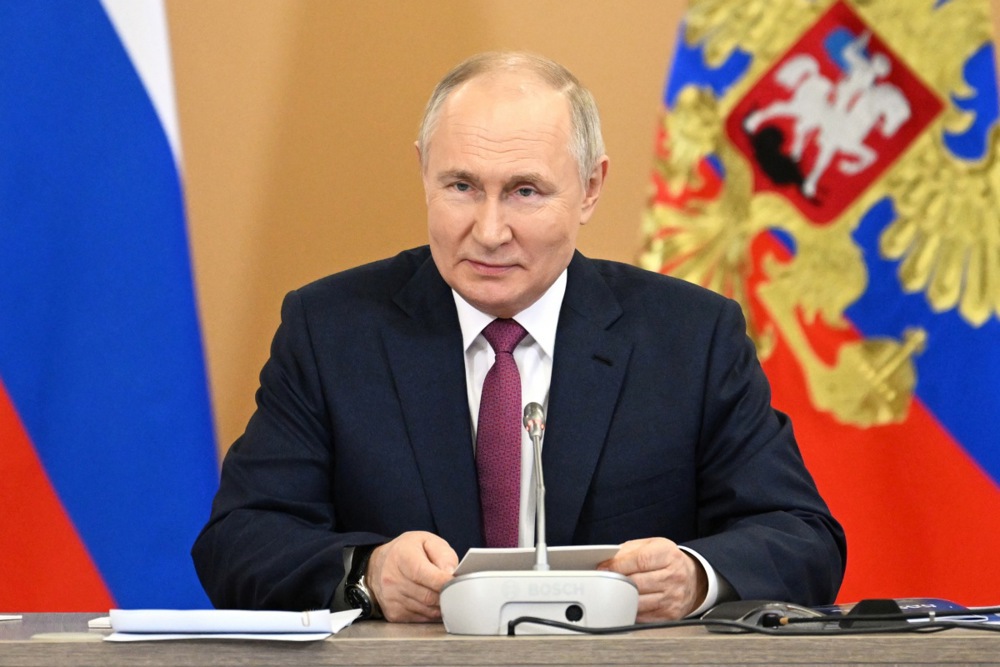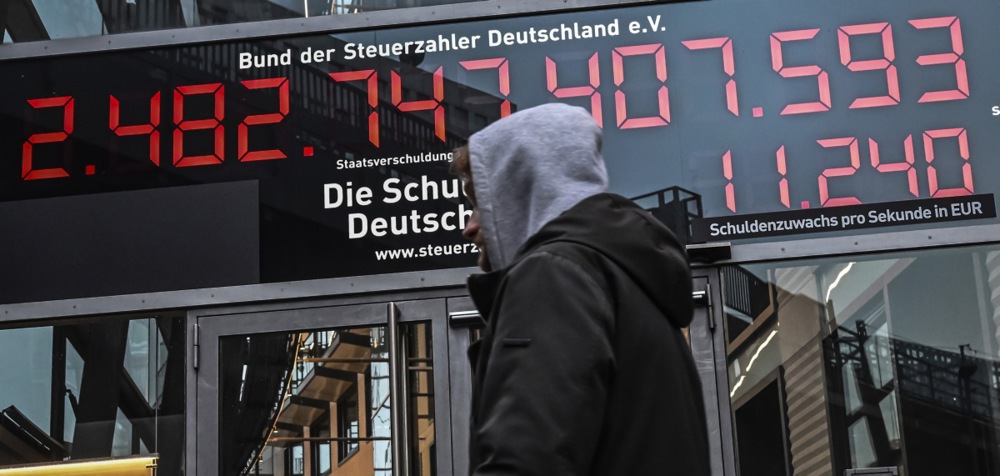Germany’s economic policy is a “sheer catastrophe” as a result of political “fundamentalists” running the country, a senior business leader has warned.
Theodor Weimer, CEO of the German stock exchange (Deutsche Börse), has slammed the economic conditions in his country, blaming it on the country’s left-liberal “traffic light” government.
In a speech at an April 17 meeting of the Bavarian Economic Advisory Council, Weimer said that the economic policies of the current administration are “a sheer catastrophe”.
The speech — which had initially went under the radar — has now gone viral on social media, with one user describing it on June 6 as “the speech of the year”.
In the talk, Weimer said that he was initially optimistic when the current government took power in 2021, but that his enthusiasm dissipated as “fundamentalists increasingly got their way”.
“Our reputation in the world has never been as bad as it is now,” Weimer explained, adding that major international investors today ask him where Germany’s economic sense has gone.
“The talks with [international] investors have a fatalistic character,” Weimer said.
“The investors say, ‘If you continue like this, we will avoid you even more, we will go even further out of Germany.’
“The truth is this: International investors say, ‘We only invest in Germany because you are so cheap.’
“We have become a junk shop,” he added.
Weimer reported that investors now demand “a risk premium” when they invest in Germany.
“We used to have a risk discount, because everyone said Germany was great,” he said.
The business leader claimed that what Germany was doing was “crazy”, adding that most investments in German companies were today “only opportunistic”.
“Politically, [they say], ‘You no longer show any leadership at all,’ while people in Singapore say, ‘What kind of government do you guys have over there?’,” Weimar stated.
“From an economic point of view, we are on the way to becoming a developing country. We shrink ourselves for the sake of Brussels and Berlin, specifically [regarding] the entrepreneurs.
According to Weimer, Germany was in a far worse position than other Western countries. He cited the example of America, saying that even with the current US culture war, many investors feel confident that the economy will grow regardless of who ends up in the White House in 2024.
“Economically speaking, the next decade will be a bonanza in the US, that’s perfectly clear, no matter who’s president.
Police have raided more than 70 homes in Germany concerning incidents of so-called “online hate posting”, the country’s justice ministry said. https://t.co/PFionc0p8Y
— Brussels Signal (@brusselssignal) June 7, 2024
By contrast, Weimer expressed concern that Germany’s green agenda — especially concerning the push to abolish combustion engine cars — had undermined the country’s competitiveness.
“We have destroyed our car industry,” Weimer claimed, adding that it pained him deeply to talk to the leaders of Germany’s major automobile manufacturers, with the industry having been pushed “into a corner from which they can no longer escape”.
And, he claimed, that all the damage done would ultimately amount to nothing as “we will still have combustion engines for the next 35 years”.
“What we’re doing is madness,” he said.
Weimer said the fact he had been forced by his supervisory board to use a smaller car, based on CO2 policies, was “stupid” because such policies stifled growth.
Germany will not be able to meet its emission reduction target by the end of the decade, a panel of government climate advisers has warned. https://t.co/Ey0rVk6t3D
— Brussels Signal (@brusselssignal) June 4, 2024
He went on to talk about other issues such as the burden Berlin’s migration policies have put on the country.
“It is perceived [outside Germany] as completely wrong on all sides, [that’s] completely clear,” he said. “Our orientation towards humanitarianism is not shared anywhere.
“In economic terms, migration means addressing a shortage of skilled labour by bringing in workers who are proficient in your language and contribute.
“It does not mean bringing in people who take 50 per cent of citizens’ money and send it elsewhere.”
Regarding Germany’s deteriorating defence capabilities, Weimer said the government had “slept” on the issue. He accused the administration of “cheating” on NATO’s 2 per cent target by including pensions in its calculations.
“Do you think no one in the US will notice what we are doing? It’s madness,” he said.
“We only have ammunition for one and a half to two days.”
Regarding digitalisation, Weimer claimed “nothing was done” — in stark contrast to Estonia, for example, where he said citizens could file a tax return in three to five minutes online.
Regarding the German economy, he concluded: “It’s over.”
German multinational BASF is sparking a heated debate about degrowth and deindustrialisation after saying it wanted to sell its production facilities in its home country to cut back on costs and secure its competitiveness. https://t.co/1PY0Hq8VCb
— Brussels Signal (@brusselssignal) May 28, 2024





